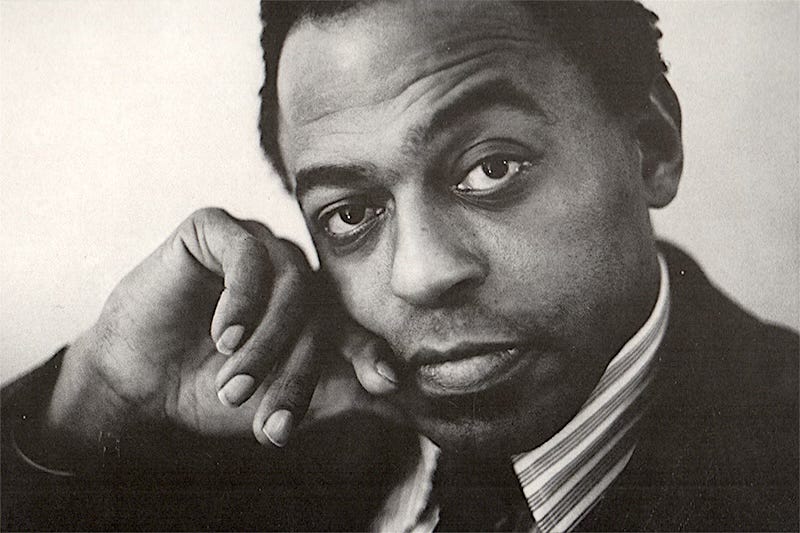Nine For Archie Shepp
Celebrating his innovative contributions to free jazz and his involvement in the civil rights movement
Since beginning my career as a jazz writer in 1977, I've interviewed countless musicians. Over the years, some interviews evolved beyond mere Q&A, turning into profound explorations of spirituality, politics, jazz history, and the artist's journey to maintain individuality. These were not ordinary interviews, but deep conversations with highly intellectual artists that continued long after the initial meeting for a jazz publication. My first such profound connection was with Sonny Rollins, followed by Wayne Shorter, and ultimately, Archie Shepp.
Archie Shepp, known to me since the 60s through his association with John Coltrane, was someone I met in the early 70s. He struck me as a man of fiery passion and brilliance, unafraid to express his convictions. Beyond his musical talents, he was an active writer, contributing plays and articles. In the 60s, his outspoken nature and avant-garde jazz style sometimes found resistance in certain circles, but Archie never confined himself to cultural boundaries. Despite his strong views, he was surprisingly warm and open-hearted.
This posting is a tribute to a man I will always hold in very regard, both as a musician and as a free thinker not afraid to speak his truth.
Archie Shepp was a key figure in the free jazz movement of the 1960s. This genre pushed the boundaries of traditional jazz, emphasizing improvisation, new forms of expression, and often dissonant harmonies. Shepp's work in this area is notable for its emotional depth and technical innovation.
Shepp's music often served as a platform for social and political activism, particularly in the context of the civil rights movement and the broader struggle for racial equality in the United States. His compositions frequently addressed themes of African American history and culture, and he used his music as a form of protest against racial injustice.
Archie was known for blending different musical styles, including traditional jazz, African rhythms, and avant-garde elements. This fusion created a unique sound that was both revolutionary and deeply rooted in Black musical traditions.
Beyond his performances and recordings, Shepp was also influential as an educator, teaching music and sharing his rich experiences with younger generations, thus ensuring the continuation and evolution of jazz traditions.
Archie Shepp's importance lies in his innovative musical contributions, his role in advancing free jazz, his commitment to social and political issues through his music, and his influence on subsequent generations of musicians.
A few years back, the esteemed author, DJ, producer, and NEA Jazz Master Willard Jenkins, along with myself, had the pleasure of hosting Archie Shepp for a Google chat. During this engaging session, we delved into a variety of subjects. Presented here are nine video clips from our conversation, encompassing a wide spectrum of themes. Archie, known for his forthright views, didn't shy away from expressing his thoughts. Yet, he always articulated his opinions in a courteous and eloquent way.
How John Coltrane Helped Me
Albert Ayler Changed My Music
Brother Lateef
Marian Anderson, Paul Robeson and Me
The Importance of Sidney Bechet
Playing Piano and Being A Lawyer
What Was the Avant Garde Jazz of the 60s
Jazz and Activism - What Happened?
Why Young African Americans Don’t Play Jazz



You must hear the Archie Shepp/Horace Parlan sides. Oh! Who would have expected that?
I remember the excitement that Impulse Records brought to me in my adolescence. From @1960 onward I was captivated: I bought every release from a certain class of musicians. "Four For Trane" knocked my socks off. As did "Fire Music" and many others. Joe Chambers caught fire in 5/4 time on the drums. What a time that was! Then, seeing Trane and Shepp live at the Downbeat Jazz Festival in Chicago. Archie Shepp was and is just brilliant! Man, your articles are such pure pleasure, Bret.